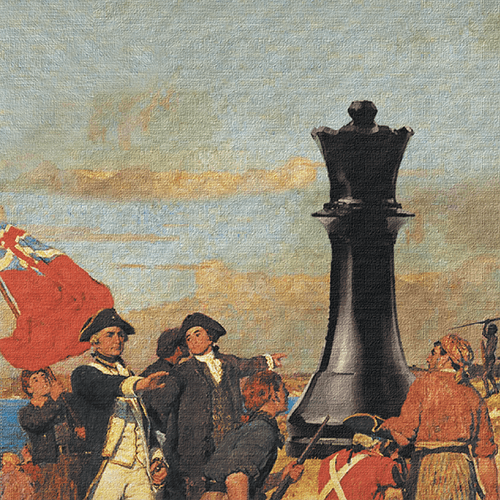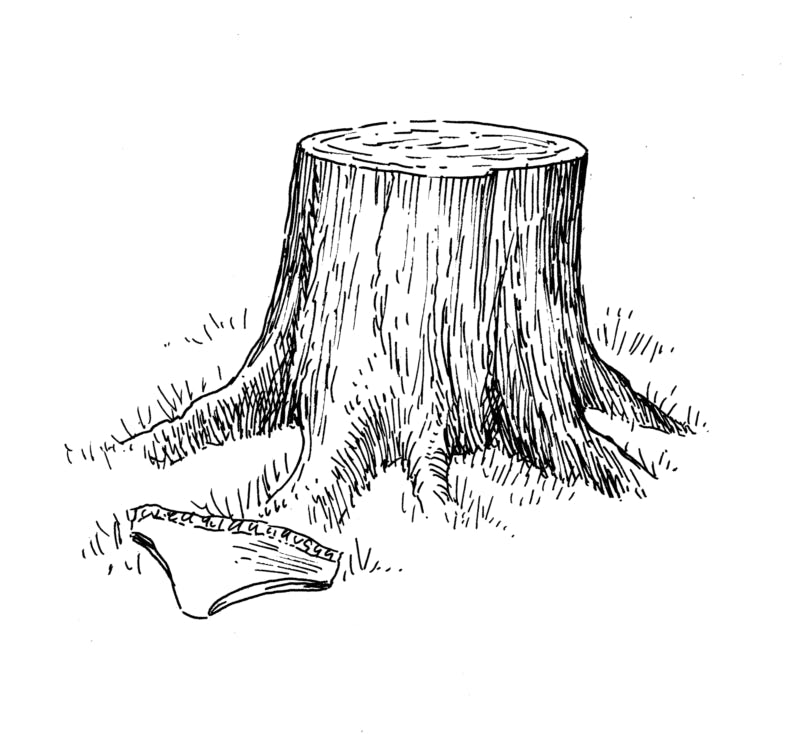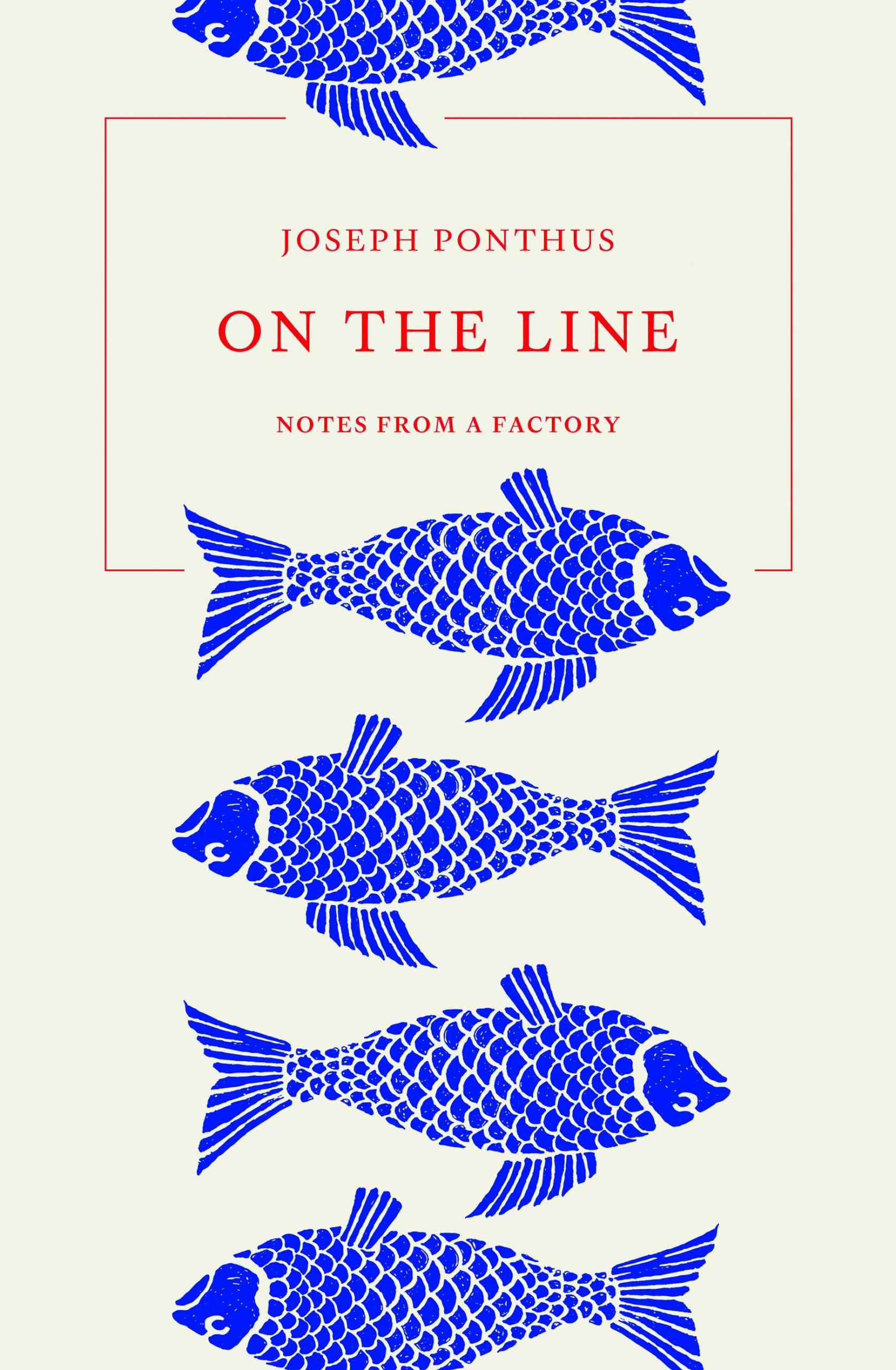In the Beginning
Tiffany Tsao • 15 October 2021
Welcome to the inaugural issue of The Circular!
If you've signed up to receive this newsletter, you know that we have big plans. We want to keep interesting, useful, and surprising Australian non-fiction pieces circulating beyond their fifteen seconds of fame. We want to bring new non-fiction into dialogue with less new non-fiction. We want to diversify what people think about when they think about good Australian writing: what it's written on; who writes it; where it gets published. And we want to do all this through a compact and carefully curated newsletter that will arrive in your inbox once a week.
This issue is organised around the loose theme of ‘place’. What are people’s relationships to the places where they are? How much agency do they have in placing themselves within those places? When they are told to ‘know their place’, what place is that, exactly?
The Circular is an evolving project. In a few weeks, it may have a dorsal fin. In a few months, it may exchange its gills for lungs. Or grow a fifth heart. Or sprout some wings. Or ditch its eyes. Time will tell.

Always Bet on Black (Power)
Chelsea Watego, Meanjin, Spring 2021
‘The most transformative Black acts have taken place at the margins, on the fringes of towns, among Black communities and collectives, Black minds, souls and hearts rather than at white centres, whether they be boardrooms or tearooms or university chancellories. The exiled location they insist we occupy is not the place of marginalisation they would have us believe, for this land is ours, all of it.’
Munanjahli and South Sea Islander scholar Chelsea Watego recounts her recent decision to withdraw her race and sex discrimination claim against the University of Queensland and leave her tenured academic position. In this brilliant essay, she writes against the mythical impartiality of the white institutions through which Black individuals are told to seek validation and justice.
All the Stain is Tender: The Asian Deluge and White Australia
Jessica Zhan Mei Yu, The White Review, March 2021
‘In Australia, racism is considered an aberration on our society: it is not acknowledged as a crucial inner part of its machinery. Racism has been mistaken for a public scourge, when it is foundational to our political ideologies, national identity, way of life.’
Tracing anti-Asian sentiment all the way back to the colonial period, Yu uncovers a long history of political rhetoric that dehumanises Asians, casting them as a dangerous force of nature, a ‘coloured flood’ threatening to swamp a pure, white Australia.
Yu’s novel (But the Girl) and essay collection (All the Stain is Tender) are due to be published in 2023 and 2024, respectively.

Leave No Trace
Madeleine Watts, The Believer, April 2019
In this 2019 essay, the author of The Inland Sea (2020) reflects on stories about missing white women and what role these stories play in Australian society. Equating fear with responsible self-preservation, such cautionary tales teach white women to assume the burden of their own safety. This in turn masks an unsettling fact:
‘The reassuring assumption that it was white women who were helpless and vulnerable, who were the real victims of Australia’s weird melancholy, concealed the fact that white women were not only complicit in the systemic violence perpetrated against Indigenous people, but often its beneficiaries as well.’
Singing on Country
Willie Brim, Overland, Spring 2020
A strong and sweet reminiscence by Buluwai Traditional Owner, Cultural Custodian, and musician Willie Brim about how he started playing music and putting Indigenous people's struggle and their culture into song.
‘You call us activists. You call us freedom fighters. We didn’t wake up one day and say, this is what I’m gonna be. If it wasn’t for love of country, of our people, for each other, the land, the waters, the animals. We’d just wither away.’

Lives on the Line
May Ngo, Kill Your Darlings, August 2021
This critical essay on Joseph Ponthus’s On the Line (translated by Stephanie Smee) does far more than simply evaluate the text. May Ngo, KYD's 2021 New Critic, reads Ponthus’s prose poem on working in factories through the lens of her own experience as a factory labourer in Cambodia for ethnographic fieldwork.
Drawing a comparison between Ponthus's privileged position and her own as ethnographer – that is, being able to regard their time on the factory floor as a temporary one – Ngo asks us to consider the ethics of academic fieldwork, and also literary production and consumption: ‘[W]hat do we owe to those whom we are writing about? ...What are we seeking out when we read this?’
Thanks for launching our first iteration with us! In the spirit of circulation, we invite you to subscribe to The Circular. We send a free weekly newsletter.
This edition and all subsequent ones will be archived here on The Circular website. We thought we’d save you the trouble of hunting through your inbox if you ever wanted to revisit any back issues.
Last but certainly not least, we’d love to hear your reading recommendations! Is there an online non-fiction piece by or about an Australian writer that has made you tingle with excitement? One that you feel deserves more attention, perhaps? Send your suggestions for future newsletter inclusions to Tiffany Tsao at editor@circular.com.au. Note: open-access pieces are strongly preferred